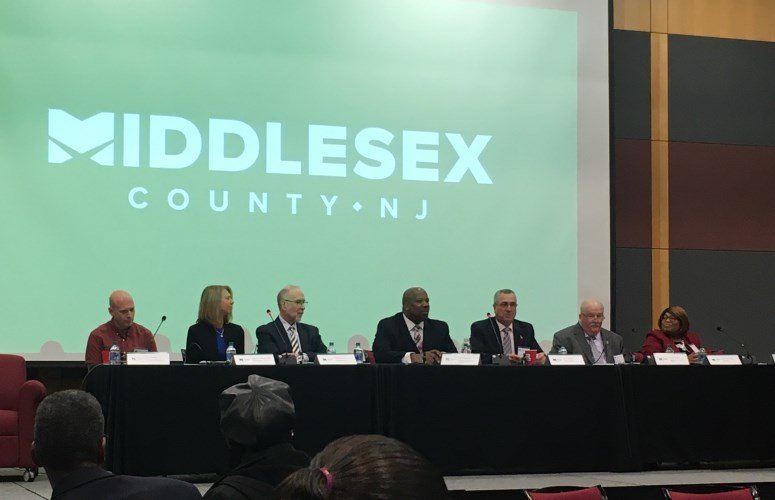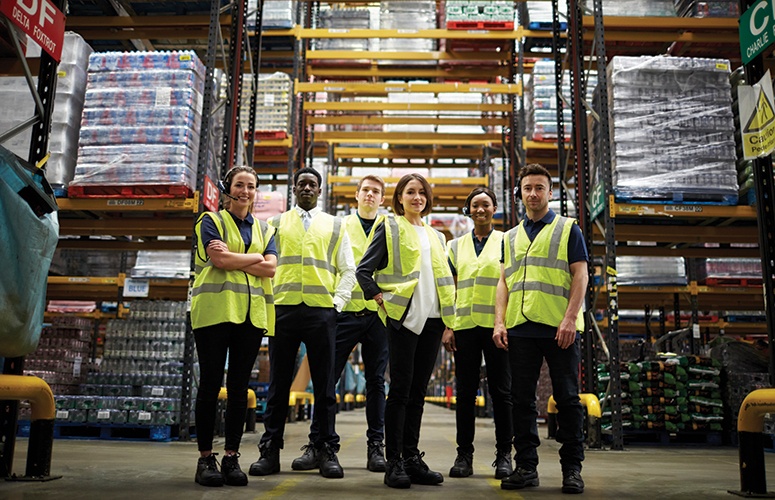
What’s Happening with Middlesex County’s Workforce/Economy?
Middlesex County 2019 Business Summit showcased competitiveness trends.
By George N. Saliba, Managing Editor On Oct 15, 2019Middlesex County continues to adapt to a changing economy in part by developing its workforce, according to multiple speakers at the Middlesex County 2019 Business Summit, held today at Rutgers University. The county is not only the second most populated in the state, but it is a noted epicenter for business, healthcare and educational activity with some 18 colleges/universities, 5 vocational schools and an array of corporations dotting its landscape.
A report by keynote speaker Dr. Carl Van Horn, founding director of the Heldrich Center for Workforce Development at Rutgers University, revealed that Middlesex County leaders have identified three areas surrounding economic and workforce competitiveness: advanced manufacturing/autonomous transportation technology; food innovation; and life sciences.
Freehold Director Ron G. Rios told the audience, “Many years ago, our government officials were reactive. We were waiting for our businesses to tell us what they needed. Today, we have the mindset that we have to be ahead of the curve. We still need electricians, plumbers and carpenters, but we have to prep our students for [new] jobs, and work with all our businesses to make sure that we have a prepared workforce.” Rios cited vocational schools and county colleges, in particular, as integral components for ensuring this occurs in an economy where “robotics” are increasingly present.
And while Middlesex County already boasts a population with the fifth youngest median age in the state, Michele Siekerka, president and CEO of the New Jersey Business & Industry Association (NJBIA), noted, “With all the great assets we have in the state, [New Jersey is] still the No. 1 out-migrator of 18 to 34 year olds. That is our future workforce. We need to pay attention to that. It is a big red flag. We try to get business and academia together, and ask business to be at the center of the table in identifying what are their needs. Then, we partner them with academia to deliver those types of programs in real time.”
While recurring themes at today’s summit appeared focused on the intersection of technology and workforce development/education, population diversity was also mentioned at several points. Alesha McCall, director (North Brunswick) of BAYADA Home Health Care, said, in effect, that her company not only needs nurses, but people who are able to comfortably enter patients’ homes where one of dozens of many languages, cultures and customs may be present.
A more panoramic view reveals that Middlesex County is not only preparing a pipeline of workers but is projected to add more than 300,000 jobs by the year 2026, according to the Bureau of Labor Statistics (BLS).The region’s established multi-corporation giants such as Johnson & Johnson – as well as higher education juggernauts such as Rutgers University and government/business leaders – all are arguably playing a role in this success.
To access more business news, visit NJB News Now.
Related Articles:





